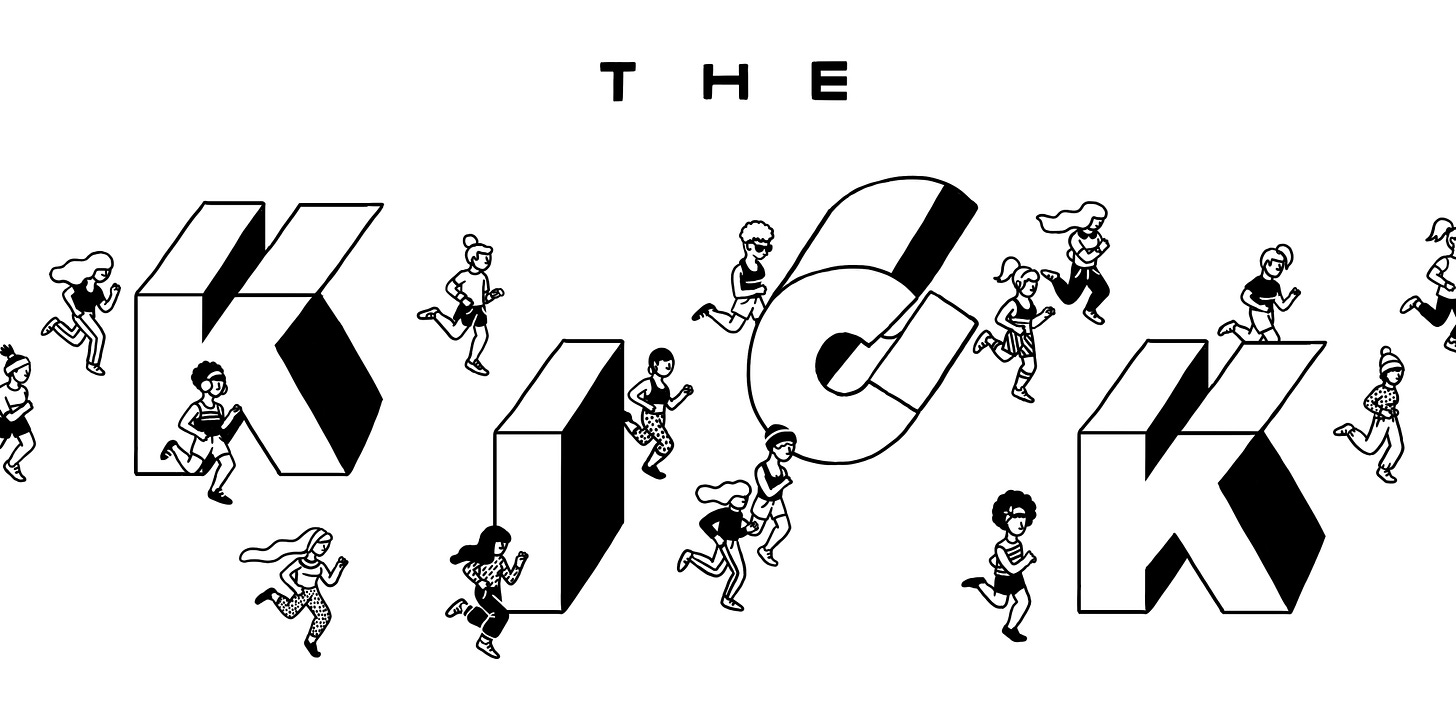Run with Maud
Alison Désir’s powerful piece about Ahmaud Arbery’s death and racial divides in the running community.

Hello everyone,
By now, I hope I can safely assume that everyone reading this has heard about the shooting of Ahmaud Arbery in Georgia. While the shooting took place in late February, the media coverage took a long time to follow. I personally didn’t hear about the incident until the New York Times covered it in late April. But even after that, it took until last week (when the video footage of the shooting started circulating on social media) before I started seeing extensive media coverage and widespread reactions on my social feeds.
Last week, Alison Désir, the founder of Harlem Run and a leader/activist in the running community, took to Instagram to voice her frustration about the lack of coverage of Ahmaud’s death by the sports and running media. In the days that followed, as prominent voices in the running community amplified Alison’s message, stories about Ahmaud’s death also began appearing in outlets like Runner’s World. (Of course, I am also part of the running media. At the time of Alison’s posts, I’d been part of conversations at Outside about how we would cover the shooting, but had not assigned any stories about it yet.) At the end of last week, I reached out to Alison and was lucky to work with her on an essay for Outside about Ahmaud’s death and racial divides in the running community. I knew—based on Alison’s previous activism in the running community and her recent posts—that she’d have a very valuable perspective to share. What she ended up writing was even more impactful than I’d expected.
As Alison puts it in the piece: “For too long, the running community has pretended as though it were possible to keep politics out of running. As if, somehow, running is the great equalizer where people can come together and compete on an equal playing field, transcending all markers of identity. The truth is, when I go for a run as a black woman, that in and of itself is a political act and one that puts me at risk—fearing for my life. As long as we live in a world steeped in white supremacy—and we do—being a black woman will never be separate from my identity as a runner.”
Alison’s story is powerful and heartbreaking, and she also takes the time to outline how white members of the running community should respond and change our behavior in light of incidents like this one. Her piece contains an important message for everyone in the running world (and beyond), and I hope you’ll take a few minutes to read it.
Because this is so important, I wanted to devote this whole issue of the newsletter to this story. But I’ll be back soon with a regular issue. (If you’re new here or ICYMI, check out the last issue, about running during the pandemic.)
In the meantime, take care of yourselves.
Drop me a line
I want to hear from you! Tell me about what you like here, what I missed, and what’s going on in your running life. (You can also follow the Kick on Twitter, and on Instagram.) Thanks for reading, and enjoy your miles.
Molly


